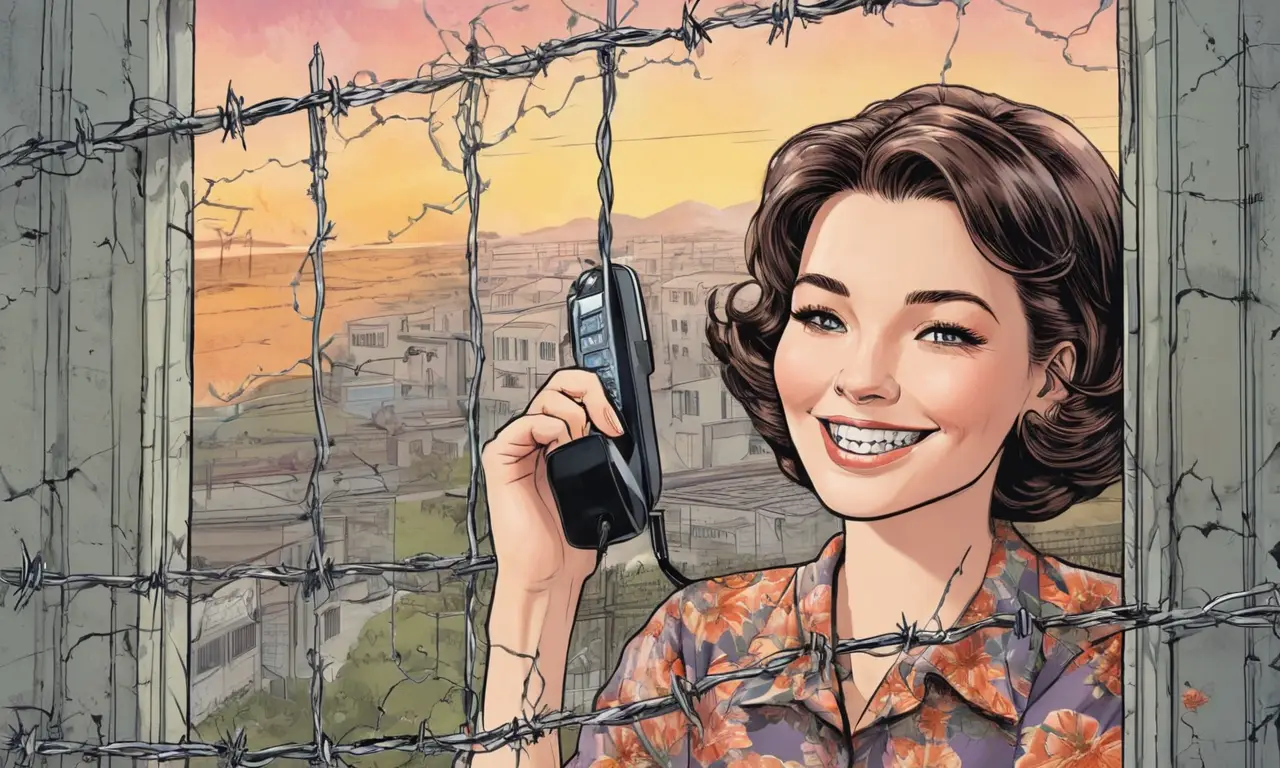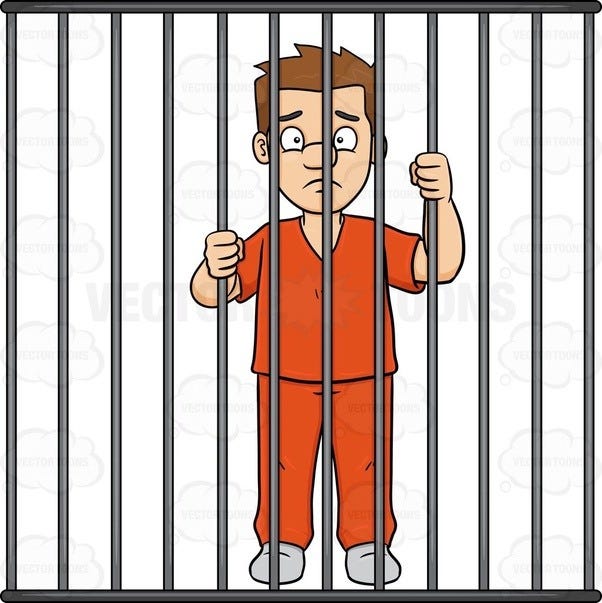Being incarcerated can be a profoundly isolating experience, stripping individuals of their freedom and severing them from familiar support systems. Maintaining connections with loved ones becomes paramount for emotional well-being during this challenging time. The concept of “One Call From Prison” or “One Phone Call in Jail” encapsulates the limited communication options available to those behind bars, highlighting the immense significance of this single opportunity to reach out and maintain vital relationships.
This article delves into the complexities of communication within correctional facilities, exploring the emotional impact of restricted contact and the challenges faced by both inmates and their families. We will examine the importance of maintaining connections during incarceration, the various factors influencing communication limitations, and the potential consequences of limited access to loved ones.
One Call From Prison
The phrase “One Call From Prison” often refers to the initial phone call an individual can make after being booked into a correctional facility. This crucial call allows them to notify family or friends of their situation, providing much-needed reassurance and support during a stressful transition.
However, this single call is frequently subject to strict regulations, including time limits, monitored conversations, and pre-approved contact lists. Inmates may face challenges in reaching specific individuals due to geographical limitations or the unavailability of certain phone numbers on the approved list. The emotional weight of this initial connection can be immense, as it represents a lifeline to the outside world and a chance to alleviate immediate anxieties.
Beyond the initial call, access to external communication within correctional facilities varies significantly depending on factors such as security level, state regulations, and individual facility policies. Inmates may have limited opportunities for subsequent phone calls, often requiring pre-arranged schedules and adherence to specific time slots.
One Phone Call in Jail

Similar to “One Call From Prison,” “One Phone Call in Jail” emphasizes the restricted nature of communication available during pretrial detention. Individuals awaiting trial or sentencing are often confined to jails with even more stringent communication protocols than prisons.
The limited access to phone calls can exacerbate feelings of isolation and uncertainty, particularly for those facing serious charges or lengthy pre-trial periods. Families and friends may struggle to maintain contact, leading to increased anxiety and a sense of disconnect from the outside world. The emotional toll of this restricted communication can be significant, impacting both the well-being of inmates and their loved ones.
Importance of Communication in Incarceration
Maintaining connections with loved ones during incarceration is crucial for several reasons. Communication provides a vital source of emotional support, helping individuals cope with the psychological challenges of confinement. Regular contact with family and friends can foster a sense of belonging, reduce feelings of isolation, and promote mental well-being.
Furthermore, communication plays a significant role in maintaining social ties and facilitating reintegration into society upon release. Staying connected with loved ones can help inmates maintain their sense of identity, purpose, and hope for the future.
Emotional Well-being and Connection

The emotional impact of limited communication options within correctional facilities cannot be overstated. Inmates often experience feelings of loneliness, isolation, and despair due to restricted contact with loved ones. This lack of connection can exacerbate existing mental health issues and contribute to a sense of hopelessness.
Conversely, maintaining regular communication with family and friends can have a profoundly positive impact on emotional well-being. Knowing that they are supported and cared for by loved ones can provide inmates with a sense of purpose, hope, and resilience during challenging times.
Challenges of Limited Communication Options
Several factors contribute to the challenges of communication within correctional facilities. Security concerns often necessitate strict regulations and monitoring of inmate communications. This can result in limited phone call durations, pre-approved contact lists, and restrictions on certain types of conversations.
Furthermore, geographical limitations and financial constraints can pose significant barriers to communication. Inmates may be unable to afford long-distance calls or have access to reliable internet connections for video conferencing. These challenges can further isolate inmates and hinder their ability to maintain meaningful connections with loved ones.
Conclusion
The concept of “One Call From Prison” or “One Phone Call in Jail” highlights the profound impact of limited communication options on individuals behind bars. Maintaining connections with loved ones is crucial for emotional well-being, social support, and successful reintegration into society. While security concerns necessitate certain restrictions, it is essential to recognize the human need for connection and strive to create a system that balances safety with the fundamental right to communicate.



